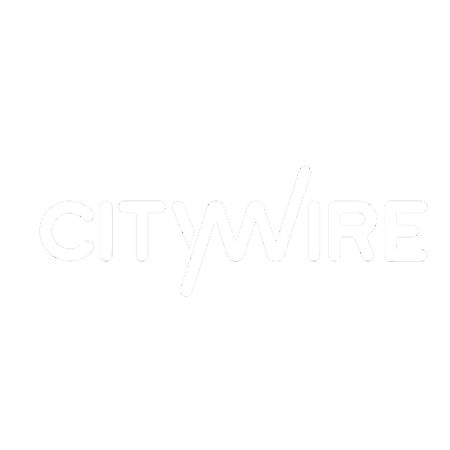our goal is to make positive change by providing the tools and resources needed to rethink the world in more sustainable, regenerative and circular ways.

FREE KITS TO MAKE CHANGE!
RUN YOUR OWN WORKSHOP, CREATE YOUR OWN CHANGE INITIATIVE,
BUILD SKILLS, AGENCY, AND REDESIGN EVERYTHING
We always give away a minimum 20% of our content for free. We have a range of free books and toolkits you can access
below, and offer equity access scholarships* for both our live programs and online courses.
Speaking of 20%, you’ll also get an exclusive 20% discount on select courses when you download one of the below resources and join our mailing list!
Please share the resources below with your community. If you find them of value, we’d love to hear about your experience.
Email programs@unschools.co and let us know how you put these tools into use!
*As a self-funded organization, we operate on a lean budget and do not have deep scholarship funds or external philanthropic sources to reach into.
That said, we do work hard to distribute our resources to support our applicants in the highest need and between 2015-2024 have given
well over $550K worth of scholarships to our programs and content.
This free toolkit is designed to support you in exploring the different circular economy business models to develop products and services that support this transformation. There is not a one-size-fits all solution, and part of the transformation to a circular economy is about exploring and identifying the best-fit solution for your business that eliminates waste, makes things last longer and helps to restore and regenerate nature.
This framework offers a way of assessing and implementing sustainability across business operations, products and experiences. This is a short version of our full 3D Transformation Kit. It has been developed and released for free as part of our mission to help activate businesses and organisations around the world toward a sustainable, circular and regenerative future.
This toolkit is designed for professionals interested in applying systems based circular economy solutions to their product, service or company.
The Circular Classroom is a free, trilingual (English, Finnish + Swedish) educational resource for students and teachers alike. It is designed to integrate circular thinking into high school classrooms, all packaged up in a fun, beautiful mixed media format of videos, workbooks and activities.
This workshop facilitation toolkit is designed to support the creative exploration and development of digital campaigns. This toolkit includes a step-by-step guide to facilitating engaging workshops + designing creative campaigns to active positive change for an equitable future.
This universal card deck was developed is part of the ChangeMakers Lab educational project in Thailand. The kit comes with 56 cards and 21 activities that can be downloaded and used by anyone to advance sustainability and creativity. Cards are bilingual in Thai and English.
We put together this toolkit of everyday superpowers so every active citizen of the world who wants to participate with more purpose in the construction of the systems around them can. The 12 powers are based on a wealth of scientific data in our Disruptive Design Method and provides practical advice on how to activate them.
Join the global movement to disrupt disposability and redesign everything so that we can move to #postdisposable future. This free activation kit is for individuals wanting to activate change in their own lives and their communities. Available in Spanish, Hindi & English.
We all eat, buy stuff, spend money, move around and like to dream about the future. These 5 simple areas of action form part of our everyday living needs and lifestyle choices that hold the potential, if enough people swap their actions, to support the global changes we need to achieve the Sustainable Development Goals.
Actions that individuals, communities, educators, workplaces, and governments can take to turn this often unspoken, negative experience into a proactive and more effective relationship with the emotions felt by those experiencing climate and eco-anxiety.
